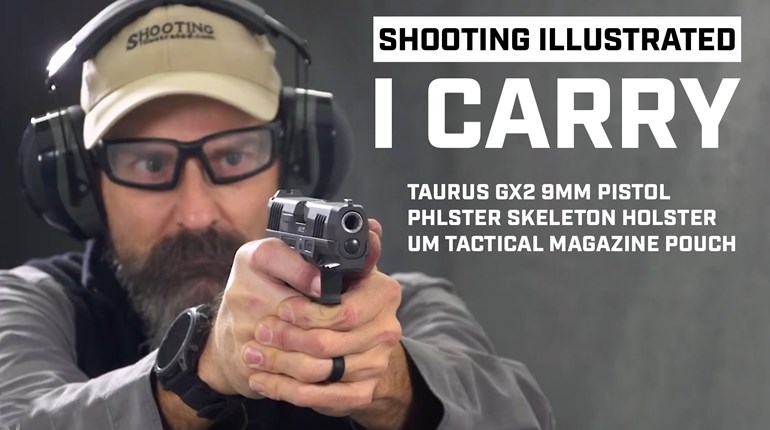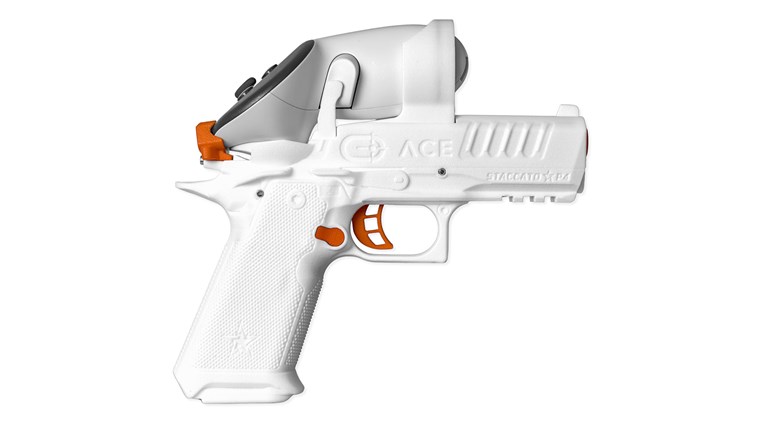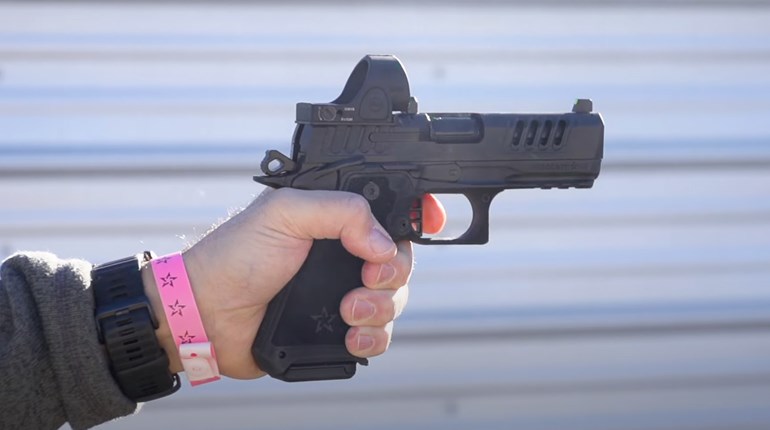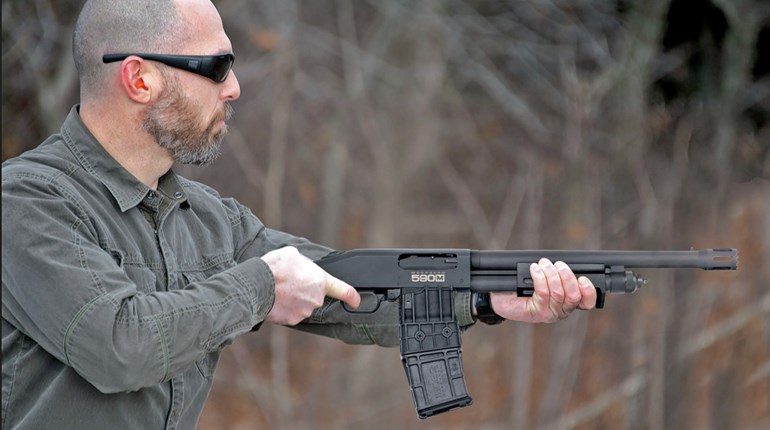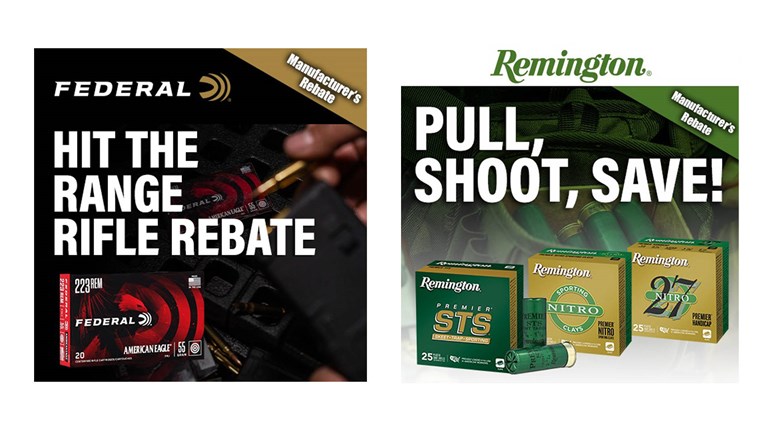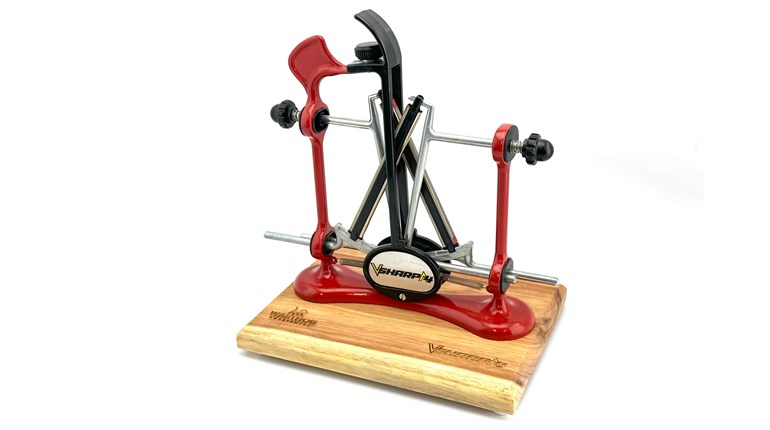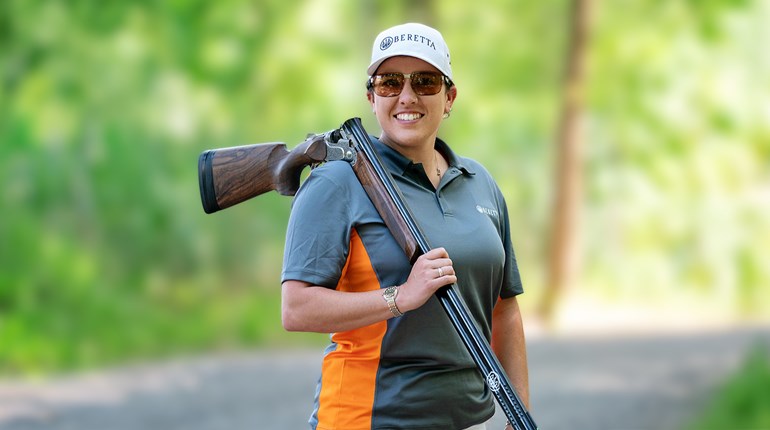
Look, I get it. Medical kits aren’t sexy. They’re not high-speed, low-drag items that show up in flashy ads hyped by attractive Instagram personalities. Part of it is because non-firearm gear in and of itself isn’t all that interesting; a sling is, well, a strip of leather or nylon with some sort of attachment hardware at the end in the absence of a rifle for it to be attached to.
We tend to think it won’t happen to us, that we’re careful so we don’t have anything to worry about. By and large, that’s correct; accidents in general are quite rare, but… (You knew that was coming) should you be that one-in-a-million, wouldn’t you want the best gear possible? Blue Force Gear’s Trauma Kit NOW! offers a well-laid-out, thoughtful pouch for all your critical gear, with a rapid-deployment tab and all the loops, straps and pockets you need. Whether it's a car accident, a workplace mishap or any other type of situation requiring immediate medical care, doesn't it make sense to have quality gear at your immediate disposal?
Lashed to a range bag, it offers a highly visible, constant companion. It becomes part of your range gear, adding very little in the way of bulk or weight, but offering storage for a sizable number of medical items. Stock the kit with basic supplies - either of your own choosing, or Blue Force Gear offers a “Filled” option with gauze, a tourniquet, medical tape, gloves and other necessary supplies. Should you ever need the kit, the clever design allows a single pull of a tab to remove and display the entire interior of the kit. This yields immediate access, with all items ready for deployment even with a single hand.
Add in a handful of bandages, a few single-use antiseptic wipes and some other basic first-aid items and you’re covered from everything from a splinter to, well, worse. For $119.95 (for the “Filled” option with basic emergency medical supplies), it’s insurance against what could possibly be the worst day of your life. Should you never need it? You’ve got a handy, useful pouch full of gear that’s always at the ready in case someone else does.
Obviously, as we’ve stated with any and all sorts of specialized equipment, the single best thing you can do is to seek instruction with qualified professionals. The American Red Cross, for example, offers basic first aid, while numerous specialty organizations like Lone Star Medics have dedicated courses for trauma-based, field and tactical medical needs. Get professional training, carry tested, critical gear and you’ll be ready to face whatever happens.








